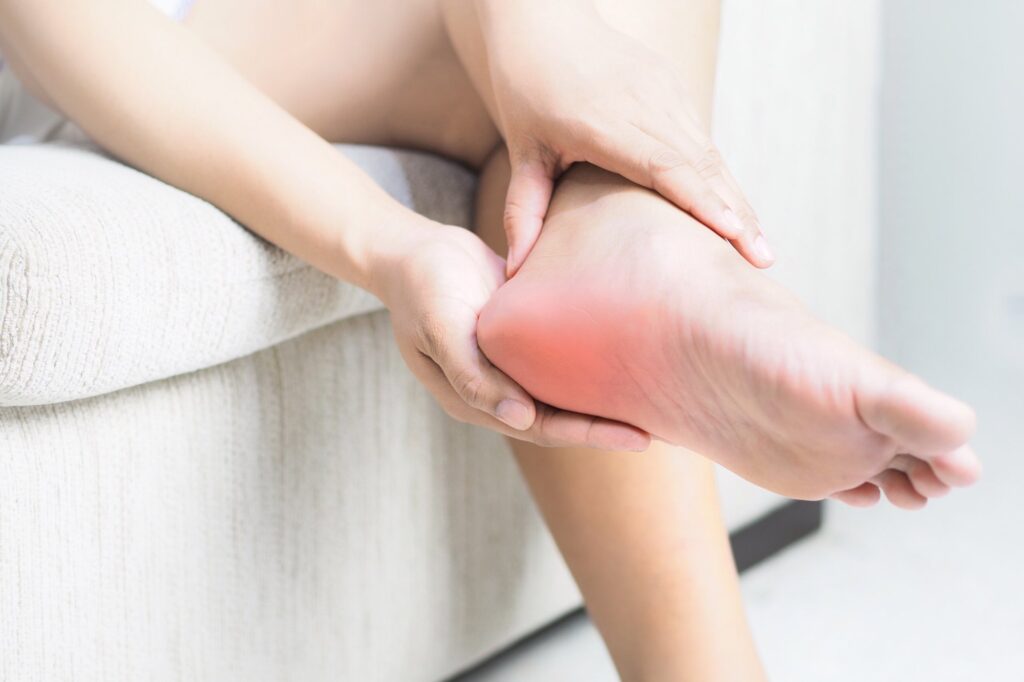Gout is a frequent and complicated kind of arthritis that can strike anyone at any time. It’s marked by sudden, acute pain, swelling, redness, and tenderness in one or more joints, most commonly the big toe.
Gout attacks can strike without warning, waking you up in the middle of the night with the impression that your big toe is on fire. Even the weight of the bedsheet on the affected joint may appear uncomfortable because it is hot, swollen, and sensitive.
Although gout symptoms come and go, there are strategies to control them and avoid flare-ups.
What are gouts symptoms?
Gout symptoms and indicators nearly typically strike unexpectedly, and frequently at night. They are as follows:
Joint discomfort: Gout is most commonly associated with the big toe, but it can affect any joint. Ankles, knees, elbows, wrists, and fingers are among the other joints that are typically afflicted. The pain will most likely be the worst during the first four to twelve hours after it starts.
Discomfort that persists: Some joint soreness may remain from a few days to a few weeks after the most acute pain has subsided. Attacks in the future are more likely to continue longer and damage more joints.
Inflammation and redness are both present: Swollen, sensitive, heated, and redness develop in the afflicted joint or joints.
There is a limited range of motion. You may not be able to move your joints normally as gout worsens.
When should you see a doctor?
Call your doctor if you get sudden, severe pain in a joint. Untreated gout can lead to increased discomfort and joint damage. If you have a fever and a heated and inflamed joint, this could be an indication of infection. Seek medical help right once.
Here at Bansal Global Hospital, we have a specialized team of doctors to help with your medical concerns in a sensitive setting.
Consult our team of health care experts at the Bansal Global Hospital. Fix your appointment today and contact us at +919911062832.

